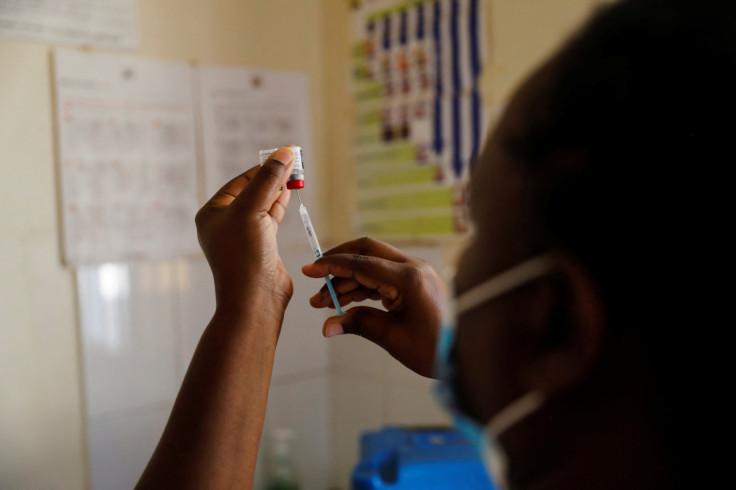Health and Social Care Committee urges urgent action to tackle declining vaccination rates
UK's Health and Social Care Committee calls for urgent action to tackle declining vaccination rates and reform clinical trials.

The Health and Social Care Committee has published a report on vaccination, sounding an alarm over declining rates among children and calling for immediate action to address the situation.
According to the report, England failed to meet the 95 per cent target for any routine childhood immunisations during the 2021/22 period, a concerning development that has raised serious concerns among MPs.
The report highlights that England was the only nation in the UK where coverage for all childhood vaccines at all ages fell below the 95 per cent target, and coverage rates consistently remained below the UK average. This worrying trend indicates a potential risk to public health and necessitates urgent intervention from relevant authorities.
In response to the declining rates, the Health and Social Care Committee is advocating for a more flexible vaccination delivery model. The aim is to overcome practical challenges related to the timing and locations of vaccination programmes, ensuring that no one is excluded from the benefits of immunisation due to logistical difficulties.
Steve Brine MP, Chair of the Health and Social Care Committee, expressed concern over the potential consequences of declining vaccination rates, stating: "Vaccination is one of the greatest success stories in preventing infections. However, unless the Government addresses challenges around declining rates among childhood immunisations and implements reform on clinical trials, the UK's position as a global leader on vaccination risks being lost."
The report comes as the UK faces the risk of a measles outbreak, with the UK Health Security Agency recently warning that London could experience tens of thousands of measles cases if the measles, mumps, and rubella (MMR) vaccination rates remain low. Already, a spike in measles cases has been observed in the capital and the West Midlands, underscoring the urgent need for action.
The Health and Social Care Committee's report also draws attention to the UK's lagging support for clinical research, particularly in the realm of clinical trials. MPs have called for immediate reform to address the bureaucratic processes associated with setting up clinical trials. This, they argue, will allow the UK to leverage its world-leading academic and research expertise to remain at the forefront of medical innovation.
To ensure readiness for future healthcare innovations, such as personalised cancer vaccines, the Committee emphasises the need for timely action from key institutions like NHS England, the Medicines and Healthcare Products Regulation Agency (MHRA), and the Joint Committee on Vaccination and Immunisation (JCVI).
The report is the first to be published by the Health and Social Care Committee as part of its major exploration into preventing ill health. The investigation comprises ten workstreams focusing on various aspects of healthcare and public health.
In response to the report's findings, the Committee urges the Department of Health and Social Care and NHS England to develop a plan outlining how they intend to bolster regulatory and delivery systems to accommodate new healthcare innovations. The plan should also address resourcing and support for the MHRA and the JCVI, with a focus on enhancing modelling capabilities and recruiting expertise relevant to new innovations.
The Health and Social Care Committee's report serves as a stark reminder that vaccination remains one of the most effective tools in preventing infections and protecting public health. To maintain the UK's position as a global leader, urgent action is required to boost childhood vaccination rates and reform clinical trial processes, ensuring the nation's readiness to embrace future healthcare advancements, the report mentioned.
It remains to be seen how the government and relevant authorities will respond to these recommendations and what measures will be implemented to address the challenges outlined in the report.
As the world continues to grapple with emerging health threats, safeguarding vaccination rates and supporting clinical research will be critical in protecting public health and well-being.
© Copyright IBTimes 2025. All rights reserved.




















